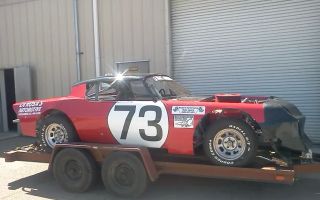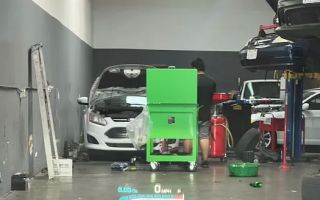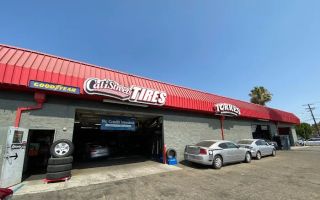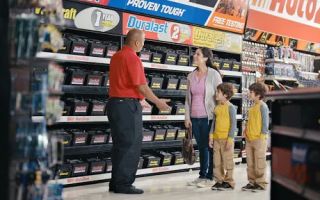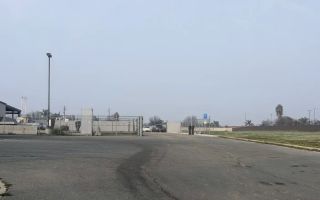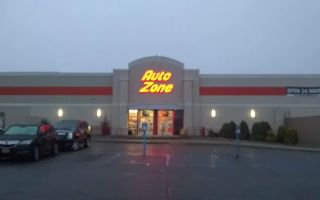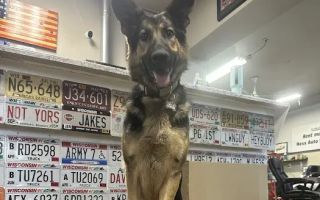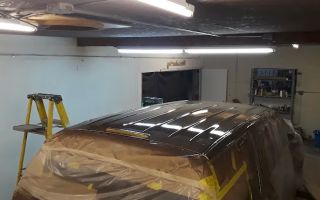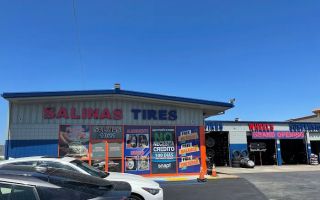First Aid for Car Accidents: What You Need to Know
1. The Importance of First Aid in Car Accidents
It was a typical Tuesday afternoon when I found myself stuck in traffic. But suddenly, a screeching sound pierced the air as a car behind me collided with another. The crash was jarring, and while no one was seriously hurt, it was a stark reminder of how quickly accidents can happen. Immediately, my mind raced to first aid training I had received a few years ago, and I realized how vital it is to be prepared for such situations.
Car accidents are an unfortunate but common occurrence, and knowing the basics of first aid can make all the difference in minimizing injury and saving lives. In the event of an accident, people often freeze or panic, but staying calm and providing proper first aid can prevent further complications. Not only can it make the difference between life and death in critical situations, but first aid also helps relieve suffering until professional medical help arrives.
When you're on the road, it’s important to know what to do in the event of an accident—whether it’s minor or more severe. Let’s take a closer look at the essential steps to follow after a car accident and how you can help both yourself and others.
2. Immediate Steps to Take After a Car Accident
After witnessing the crash, I found myself racing to the scene, heart pounding with a mix of fear and the knowledge that I had to act quickly. The first few moments after an accident can be chaotic, but what happens next can truly define the outcome. The most important thing to do is remain calm and focused.
Here’s what I did (and what you should do) in such situations:
- Ensure Safety: First, make sure the area is safe for both you and the others involved in the accident. If possible, move to a safe location out of traffic. Turn on your hazard lights to alert other drivers. Never leave the scene of the accident if there are injured people.
- Check for Injuries: The next step is to check on the condition of all parties involved. While I wasn’t a medical professional, I knew I needed to assess whether anyone was bleeding, unconscious, or in severe pain. If someone was unresponsive, it’s critical to check their pulse and breathing.
- Call for Help: I immediately dialed 911, providing clear details about the crash, the number of vehicles involved, and any visible injuries. Always be as detailed as possible when calling emergency services to ensure they send the right kind of help. They’ll be able to guide you through basic first aid until professional help arrives.
While waiting for emergency responders, it’s important to stay as calm as possible and avoid moving injured individuals unless there’s an imminent danger (such as fire). This can prevent further injury, especially if there’s a head, neck, or spinal injury.
3. Basic First Aid Techniques After an Accident
When I reached the victims of the crash, I was surprised to see that no one appeared to have life-threatening injuries, but one individual had a deep cut on their arm. I knew I had to act fast to prevent infection and reduce bleeding. While I’m not a doctor, basic first aid is something every driver should know. Here’s what you can do in different scenarios:
- Stop Bleeding: For cuts and lacerations, apply pressure using a clean cloth or gauze. I used a spare shirt to apply direct pressure to the wound, helping to stop the bleeding. Elevating the injured part of the body can also help reduce blood flow to the area.
- Perform CPR if Necessary: If someone is unresponsive and not breathing, CPR is critical. When I witnessed someone collapse after an accident, I immediately began CPR—chest compressions and rescue breaths until emergency responders arrived. If you’re unsure of the proper method, taking a CPR class is highly recommended.
- Stabilize the Person: For suspected spinal injuries or neck injuries, avoid moving the person unless they are in immediate danger (such as a car fire). Instead, try to keep them as still and comfortable as possible, supporting their head and neck until help arrives.
- Provide Comfort: One of the most important roles I played at the scene was providing comfort. In many accidents, the emotional toll is just as severe as physical injury. Stay with the injured parties, talk to them calmly, and assure them that help is on the way.
By performing these basic steps, you can potentially save lives and make a significant difference while waiting for trained medical professionals to take over.
4. Dealing with Emotional Trauma After an Accident
Aside from physical injuries, car accidents often leave emotional scars. I’ve personally felt shaken after witnessing and being involved in accidents. The adrenaline rush and fear can overwhelm the body and mind, but the psychological effects can linger much longer. In the aftermath of the accident, it’s important to pay attention to both physical and mental health.
If you’ve been involved in an accident, you might experience anxiety, confusion, or shock. It’s essential to give yourself some time to process the event. Sometimes, I found it helpful to talk to someone or even seek counseling if the accident was traumatic. Understanding that emotional reactions are a normal response can help ease the tension.
For those who might have witnessed an accident, be aware of the potential for post-traumatic stress. Seeking support or counseling is crucial if you start to feel persistent anxiety or stress. Taking care of your mental health is just as important as tending to physical injuries.
5. The Role of Towing Services in Car Accidents
Once the emergency responders arrived and took care of the injured, the next step was to deal with the aftermath of the accident. This included removing the vehicles from the scene. As someone who has used towing services a few times, I knew that having a reliable towing service was key. After an accident, especially when there are multiple cars involved, it can be overwhelming to figure out how to move the vehicles.
In situations like this, I’ve relied on services like Rescue & Towing to handle the situation. They quickly arrived at the scene and safely transported the damaged vehicles to a nearby location. With their professional equipment and expertise, the towing company made sure that all vehicles were handled properly and without causing further damage.
If you’re involved in an accident and need assistance with moving vehicles or handling roadside emergencies, a reliable towing service like Rescue & Towing can help. Whether it’s for a simple tow or emergency recovery, they provide fast and efficient services to ensure your safety and the safety of others involved in the accident.
6. When to Seek Professional Help
Even if you’ve provided basic first aid at the scene, it’s important to remember that professional medical help is essential after any accident. Sometimes injuries aren’t immediately apparent. For example, a person involved in an accident may not feel the full extent of their injury right away due to adrenaline. This is why it’s critical to have someone checked out by medical professionals after the accident, even if they seem fine initially.
If you or anyone involved in the accident has sustained head, neck, or back injuries, it’s essential to seek medical attention right away. If anyone is unconscious, feeling faint, or complaining of severe pain, immediate attention is necessary. Call an ambulance or get the individual to a hospital as quickly as possible.
7. Final Thoughts on First Aid and Roadside Assistance
Having a basic understanding of first aid and knowing what to do in the aftermath of a car accident can save lives and reduce further harm. It’s important to stay calm, check for injuries, provide first aid, and call emergency services immediately. While you can’t always prevent an accident from happening, knowing how to react when one does can make a world of difference.
In addition to knowing first aid, always ensure that you have access to reliable roadside assistance in case of an emergency. Services like Rescue & Towing provide essential support during such stressful times. From towing services to emergency recovery, they offer fast, professional help when you need it the most.

